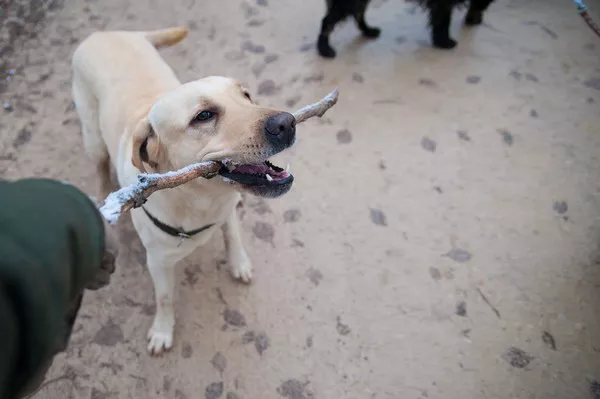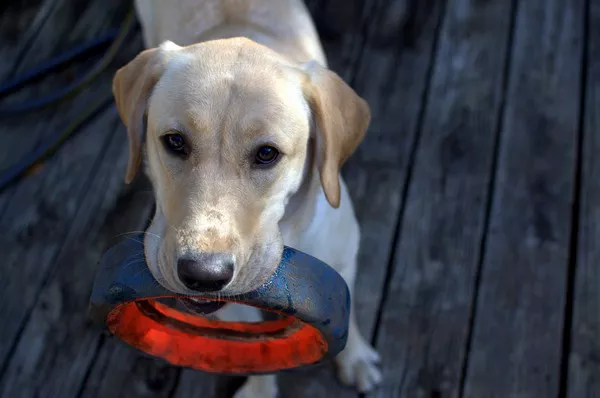With millions of people residing or near the path of the 2024 solar eclipse’s totality, pet owners are contemplating how this celestial event might influence animal behaviors and their pets’ responses.
Veterinarians have been fielding inquiries from concerned pet owners regarding the potential impact of the eclipse on animals. However, due to the rarity of eclipses, there’s a scarcity of conclusive answers. Nevertheless, researchers intend to observe animal reactions during the April eclipse to gain insights into its effects on them.
Dr. Jerry Klein, Chief Veterinary Officer at the American Kennel Club, emphasized the limited scientific research on animal behavior during eclipses due to their infrequency, relying largely on anecdotal reports.
While there’s a dearth of information, veterinarians and animal researchers have some understanding of how the eclipse might affect pets such as dogs and cats. Dr. Katie Krebs from the University of Pennsylvania’s School of Veterinary Medicine suggests that while most animals may remain unaffected, pet owners might notice brief periods of confusion, with dogs and cats potentially exhibiting fear and confusion. Signs of distress could include hiding, howling, pacing, or panting, with some pets initiating their nighttime routines prematurely as the sky darkens.
Dr. Rebecca Greenstein, a veterinary expert with Rover, reassures that the average indoor dog or cat is unlikely to be significantly impacted by the eclipse.
The influence of the eclipse on pets primarily stems from human behavior rather than the event itself, as pointed out by Dr. Klein. He emphasizes that pets take cues from their owners, suggesting that keeping them indoors and avoiding peculiar situations could minimize their reactions. Large eclipse gatherings may induce stress in pets due to travel, noise, and crowds.
Dr. Krebs notes that animals reliant on the light-dark cycle, such as birds, may be more affected by the eclipse.
Concerns regarding pets looking directly at the sun are addressed by veterinarians, who advise against forcing animals to do so. Dr. Klein asserts that animals typically refrain from staring at the sun due to the associated discomfort and potential harm.
Veterinarians concur that it’s advisable to keep pets indoors during the eclipse, particularly if they are susceptible to stress from crowds or events like storms or fireworks. Dr. Greenstein suggests respecting pets’ boundaries and providing them with a comfortable environment at home.
For pet owners attending eclipse events, ensuring pets are microchipped with up-to-date information and properly controlled on a leash is essential, advises Dr. Klein.
Overall, while the solar eclipse may induce some reactions in pets, veterinarians reassure that with mindful care and attention, owners can ensure their pets’ safety and well-being during this celestial event.





















